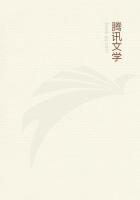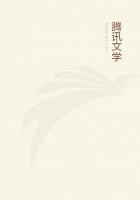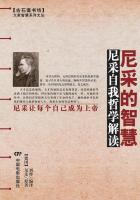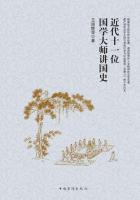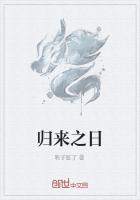The NEGATIVE result produced in Chaucer's mind by this firm but placid way of regarding matters of faith was a distrust of astrology, alchemy, and all the superstitions which in the "Parson's Tale" are noticed as condemned by the Church. This distrust on Chaucer's part requires no further illustration after what has been said elsewhere; it would have been well for his age if all its children had been as clear-sighted in these matters as he, to whom the practices connected with these delusive sciences seemed, and justly so from his point of view, not less impious than futile. His "Canon Yeoman's Tale," a story of imposture so vividly dramatic in its catastrophe as to have suggested to Ben Jonson one of the most effective passages in his comedy "The Alchemist," concludes with a moral of unmistakeable solemnity against the sinfulness, as well as uselessness, of "multiplying" (making gold by the arts of alchemy):----Whoso maketh God his adversary, As for to work anything in contrary Unto His will, certes ne'er shall he thrive, Though that he multiply through all his life.
But equally unmistakeable is the POSITIVE side of this frame of mind in such a passage as the following--which is one of those belonging to Chaucer himself, and not taken from his French original--in the "Man of Law's Tale." The narrator is speaking of the voyage of Constance, after her escape from the massacre in which, at a feast, all her fellow-Christians had been killed, and of how she was borne by the "wild wave"from "Surrey" (Syria) to the Northumbrian shore:--Here men might aske, why she was not slain?
Eke at the feast who might her body save?
And I answere that demand again:
Who saved Daniel in th' horrible cave, When every wight save him, master or knave, The lion ate--before he could depart?
No wight but God, whom he bare in his heart.
"In her," he continues, "God desired to show His miraculous power, so that we should see His mighty works. For Christ, in whom we have a remedy for every ill, often by means of His own does things for ends of His own, which are obscure to the wit of man, incapable by reason of our ignorance of understanding His wise providence. But since Constance was not slain at the feast, it might be asked: who kept her from drowning in the sea?
Who, then, kept Jonas in the belly of the whale, till he was spouted up at Ninive? Well do we know it was no one but He who kept the Hebrew people from drowning in the waters, and made them to pass through the sea with dry feet. Who bade the four spirits of the tempest, which have the power to trouble land and sea, north and south, and west and east, vex neither sea nor land nor the trees that grow on it? Truly these things were ordered by Him who kept this woman safe from the tempest, as well when she awoke as when she slept. But whence might this woman have meat and drink, and how could her sustenance last out to her for three years and more?
Who, then, fed Saint Mary the Egyptian in the cavern or in the desert?
Assuredly no one but Christ. It was a great miracle to feed five thousand folk with five loaves and two fishes; but God in their great need sent to them abundance."As to the sentiments and opinions of Chaucer, then, on matters such as these, we can entertain no reasonable doubt. But we are altogether too ill acquainted with the details of his personal life, and with the motives which contributed to determine its course, to be able to arrive at any valid conclusions as to the way in which his principles affected his conduct. Enough has been already said concerning the attitude seemingly observed by him towards the great public questions, and the great historical events, of his day. If he had strong political opinions of his own, or strong personal views on questions either of ecclesiastical policy or of religions doctrine--in which assumptions there seems nothing probable--he at all events did not wear his heart on his sleeve, or use his poetry, allegorical or otherwise, as a vehicle of his wishes, hopes, or fears on these heads. The true breath of freedom could hardly be expected to blow through the precincts of a Plantagenet court. If Chaucer could write the pretty lines in the "Manciple's Tale" about the caged bird and its uncontrollable desire for liberty, his contemporary Barbour could apostrophise Freedom itself as a noble thing, in words the simple manliness of which stirs the blood after a very different fashion.

